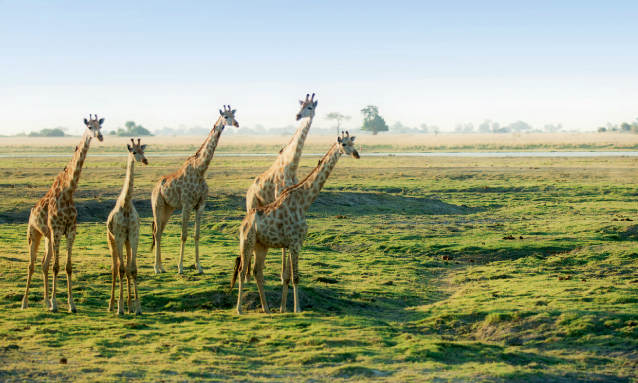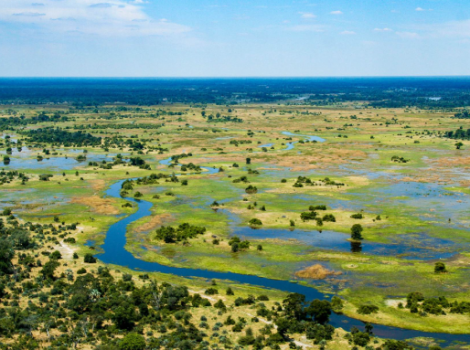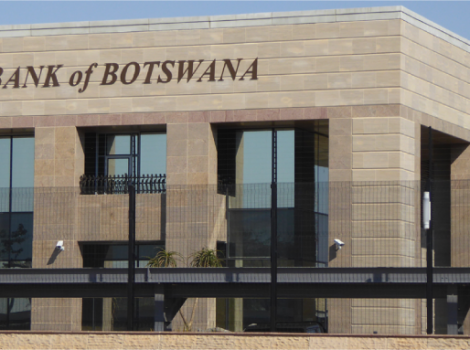
19 January 2025
Citizens of the Gulf Cooperation Council (GCC) are increasingly travelling beyond the region, with advisory firm Glasgow Research & Consulting forwarding the market potential of Botswana’s luxury safari segment.
According to the Dubai-based advisory firm, expenditure on outbound tourism from the Gulf countries has grown at a CAGR of 20 percent over the past six years, with a strong preference for luxury and exclusive experiences.
Glasgow Research & Consulting contends Botswana is primed to cater to high-end travellers, boasting an abundance of spectacular wildlife but with a responsible-tourism strategy focused on premier offerings. Botswana is widely recognised as a leader in biodiversity, with 38% of its total land area dedicated to national parks, reserves, and wildlife management areas. These areas provide pristine, exclusive safari experiences that appeal to high-income travellers.
However, as it stands, just 3% of the GCC’s international travellers venture to Africa, with South Africa, Kenya and Tanzania capturing the lion’s share of Sub-Saharan visitors due to a variety of targeted initiatives, such as streamlined visa applications and the provision of halal food options.
This is despite Botswana commanding a near 15% share of the overall African safari market.
In total, it is estimated that less than one in a hundred GCC tourists to Africa choose Botswana, a country renowned for its natural wonders, including the Kalahari Desert, the Okavango Delta – the world’s largest inland delta and Chobe National Park.
The Big Five in animal kingdom
Home to Africa’s most iconic wildlife, Botswana boasts the largest concentration of elephants on the planet, alongside the Big Five – lions, leopards, buffalo, and the rare black rhino which are all easily spotted.
One of the reasons for this rich abundance of accessible wildlife is Botswana’s approach to conservation, which favours high-value, low-volume in destinations like the Okavango Delta, where exclusivity and conservation take priority.
This approach ensures a premium safari experience while preserving the delicate ecosystem and supporting sustainable tourism.
As an indication, the Xigera Safari Lodge, which launched in 2021, has suites in excess of $4,500 per night, offering an exclusive safari experience that seamlessly blends luxury with the natural environment.
This accordance with GCC tourism preferences, together with other statistics, highlights the massive potential for Botswana to tap into the burgeoning GCC travel market, says the management consultancy. While still growing, only 42% of those from the Gulf region currently go abroad, and less than twice per year, with expectations that both of those figures will rise in the coming years.
Yet, market competitors – including South Africa and Kenya – are somewhat ahead of the game, having already introduced various measures to capitalise. For example, South Africa has brought in e-visas for GCC citizens, while Kenya has established direct flights between Nairobi and Dubai. Both have also launched targeted marketing campaigns and partnered with GCC travel agencies.
Botswana on the map
Glasgow Research & Consulting believes that if Botswana is to catch up ahead of a coming market swing, the country should sell what it already does best as a top-tier eco-tourism destination, by enhancing collaboration between local stakeholders, GCC tourism operators, and international and regional airlines, while also addressing issues around slow visa processing and travel connectivity.
The firm concludes in its report:
“GCC travellers are among the highest spenders globally, with per capita expenditure significantly exceeding the global average.
The outbound market is characterised by a growing interest in diverse destinations, including Africa.
By understanding the GCC’s preferences and spending behaviours, tourist destinations can tailor their offerings to attract this lucrative market.”



